 The old adage “write what you know” would make for pretty boring writing by most authors. That would limit me to female characters, a handful of locations, specific nationalities, a time frame of the last 20 years and plots relating solely to my personal experience. If every author wrote what they knew there’d be no speculative fiction what-so-ever. Of course, I’ve taken this saying literally and skewed it’s context.
The old adage “write what you know” would make for pretty boring writing by most authors. That would limit me to female characters, a handful of locations, specific nationalities, a time frame of the last 20 years and plots relating solely to my personal experience. If every author wrote what they knew there’d be no speculative fiction what-so-ever. Of course, I’ve taken this saying literally and skewed it’s context.
Writing what you know means that authors need do their homework.
Regardless of the genre you write in, you’re probably going to do some amount of research for the sake of authenticity and accuracy. Some authors (especially new and aspiring ones) try to get away with writing what they know nothing about by keeping it all in the realm of fantasy. The irony is that fantasy and science fiction are two genres that may actually require even more research than general fiction, and here’s why:
World-building: Creating a fantasy world, be it in another realm or on a recently colonized planet, requires an intimate understanding of geography, flora and fauna, and meteorology. If you’ve got mountains, best you know about mountainous weather and how altitude affects people, particularly your sword wielding hero when he reaches the summit of a peak as high as Mt. Everest. Writing about a planet colony? Then you need to make sure you know all sorts of info like the planet’s rotational speed, it’s distance from the system’s sun, the gravitational field, the atmospheric composition before and after terraformation, how flora and fauna have evolved to thrive in their environment etc. Sounding tricky? It is. And this isn’t even what takes the main focus in your writing, it’s all background, just details that add a sense of realism to your fantasy world.
Characters: If writers only wrote about characters based on themselves and acquaintances, literature would be pretty boring. Build your character’s carefully. As a musician, there’s nothing worse for me than reading a book or watching a film about supposed musicians when there are glaring errors in terminology. It’s frustrating and calls the authenticity of everything else into question. No one wants to limit themselves to characters based on themselves, so if you’re going to write about astronauts or doctors, lawyers or deep-sea welders, best you start compiling a file of facts and anecdotes.
Plot: Plausibility is key here. There’s a reason why books by real life lawyer John Grisham and real life forensic anthropologist Kathy Reichs, have done so well. These people know the ins and outs of their respective professions and can craft plots within factual constraints. No, you don’t have to limit yourself to writing within your profession, but if you’re writing a legal thriller set in Pakistan, you’re going to have to take the time familiarizing yourself with their system and all the peculiarities that will make your story believable.
Information is just a click away, thanks to the Internet. There is a wealth of information out there so don’t limit yourself to Wikipedia. I’ve found the best information has always come directly from the source, that is a living breathing person who has experienced what I need to know: the smell of the air, the taste of local cuisine, the sound of a thunderstorm. Never underestimate the power or human experience as a primary source. And never underestimate the importance of research regardless of your genre.
Do you do research before writing? Any tips you can share?


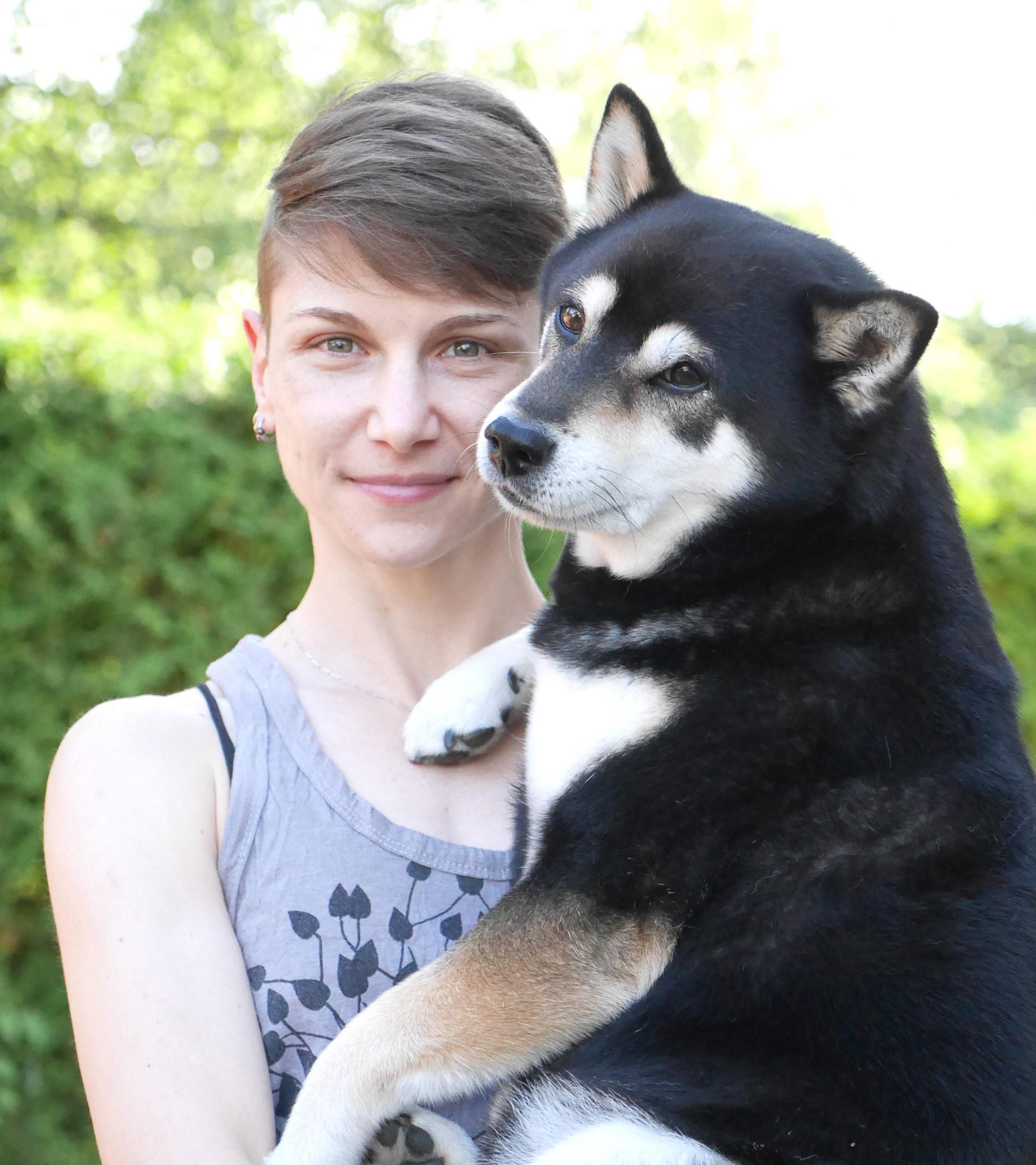

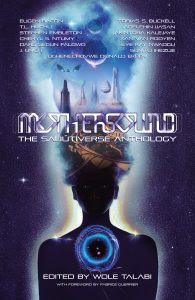

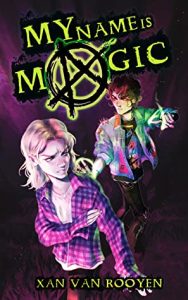
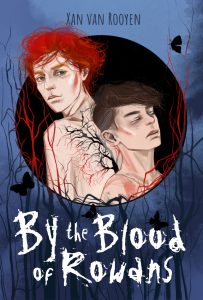

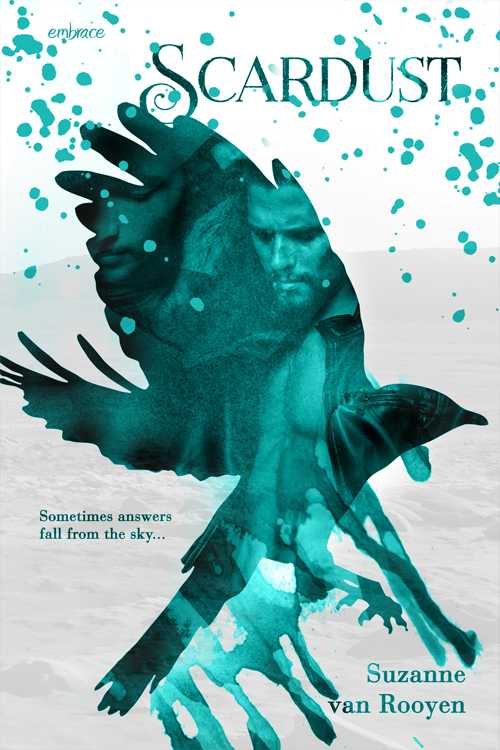
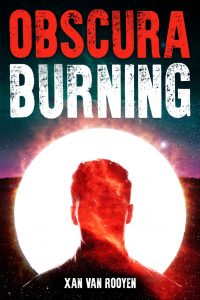
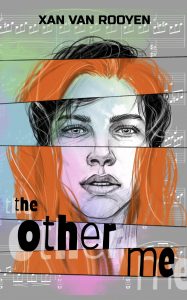

Pingback: Suzanne van Rooyen » Blog Archive » Even Fantasy Requires … – Crime Fiction()